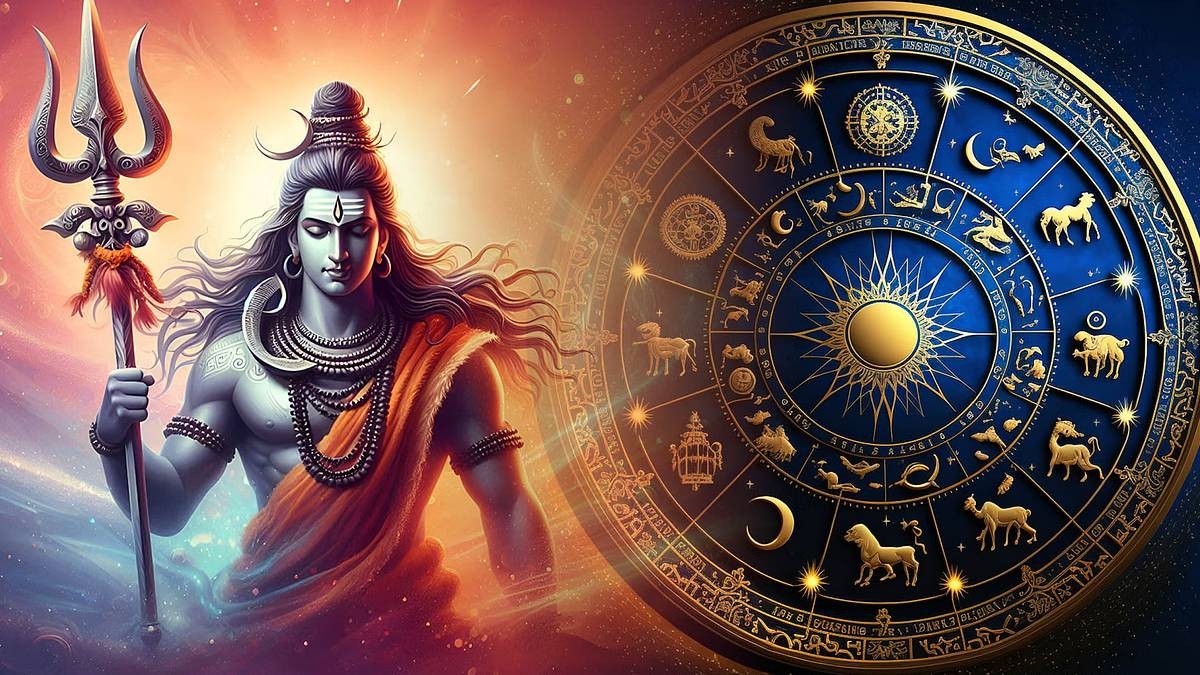
The month of Sawan, also known as Shravan, holds deep spiritual significance in Hinduism and is dedicated to the worship of Lord Shiva. It is considered one of the holiest months in the Hindu calendar, marked by fasting, prayers, and special rituals. Devotees across India observe this month with great devotion, especially on Mondays, which are celebrated as Sawan Somwar. These Mondays are believed to be highly auspicious for seeking the blessings of Lord Shiva.
In 2025, the start date of Sawan varies depending on the regional calendar system followed. In North India, where the Purnimanta lunar calendar is used, Sawan will begin on Friday, July 11, and end on Saturday, August 9. This includes states like Uttar Pradesh, Bihar, Rajasthan, Madhya Pradesh, and Himachal Pradesh. In contrast, South and Western India follow the Amanta calendar, where Sawan starts later—on Friday, July 25—and ends on Saturday, August 23. This applies to states such as Maharashtra, Karnataka, Gujarat, and Andhra Pradesh.
The month is filled with religious observances. Devotees often fast on Mondays, perform Rudrabhishek (ritual bathing of the Shivling), and chant mantras like “Om Namah Shivaya.” Many also observe the Solah Somwar Vrat, a 16-Monday fasting ritual believed to bring marital harmony and spiritual growth. Tuesdays during Sawan are also significant, especially for women, who observe Mangla Gauri Vrat in honor of Goddess Parvati.
The first Sawan Somwar, or Monday fast, will be observed on July 14 in North India and on July 28 in South and Western India. In regions like Nepal and the Himalayan belt, where the solar calendar is followed, Sawan will begin on July 16 and end on August 16, with the first Somwar falling on July 21. Regardless of the region, the month of Sawan is a time of devotion, discipline, and spiritual reflection for millions of Hindus.
